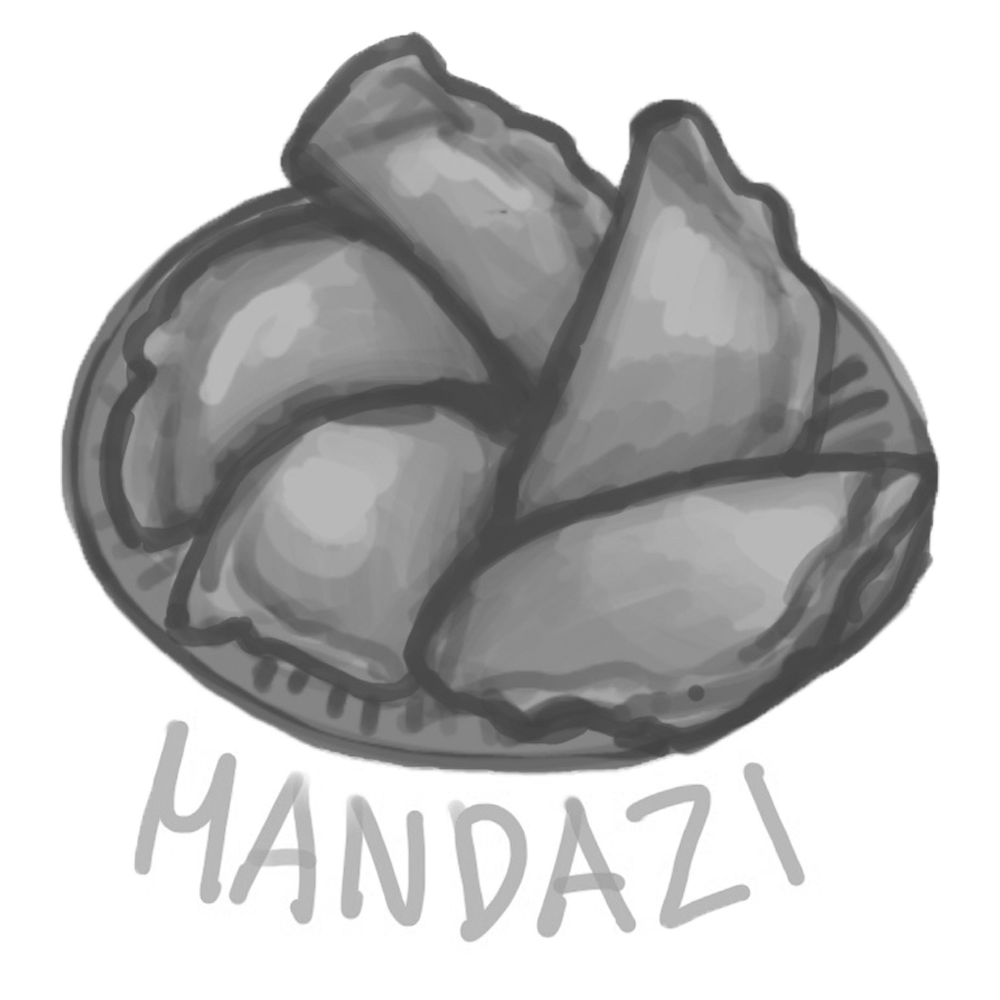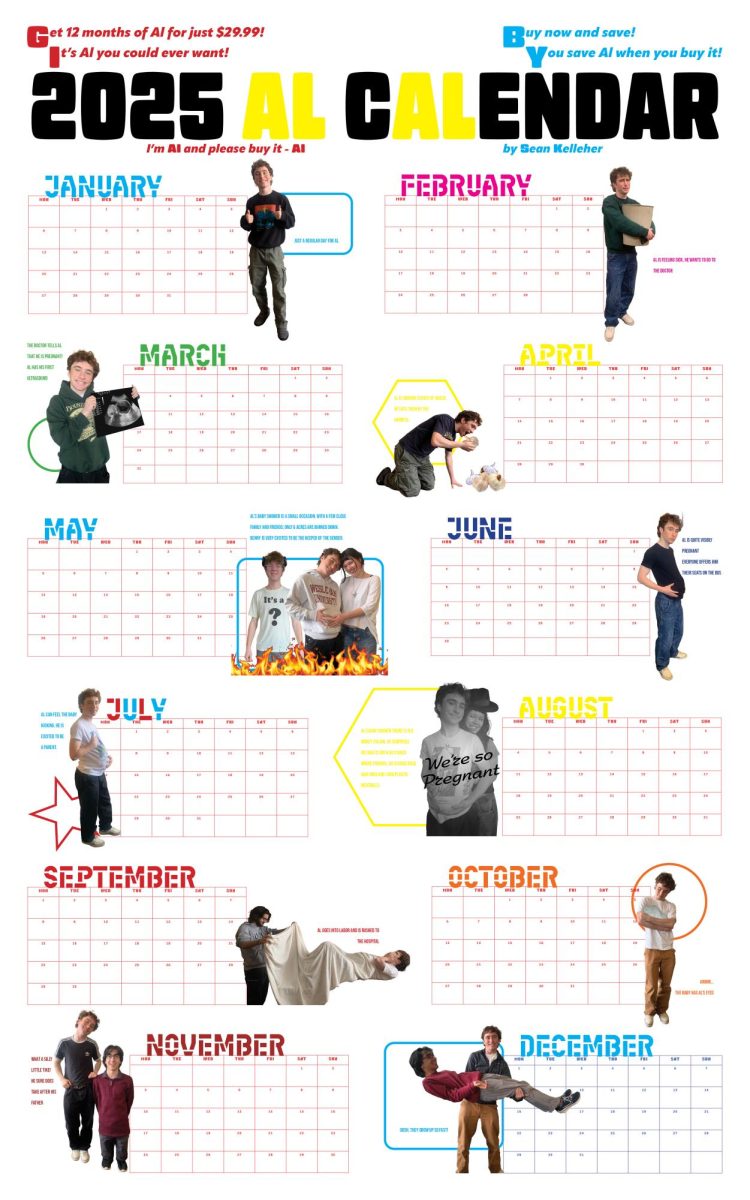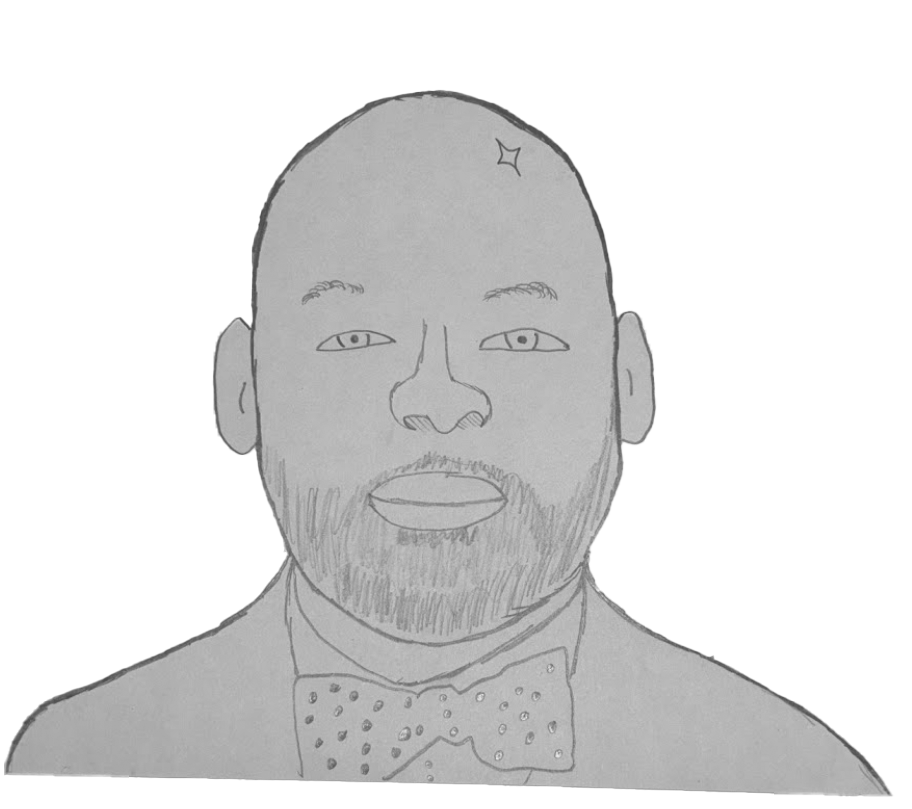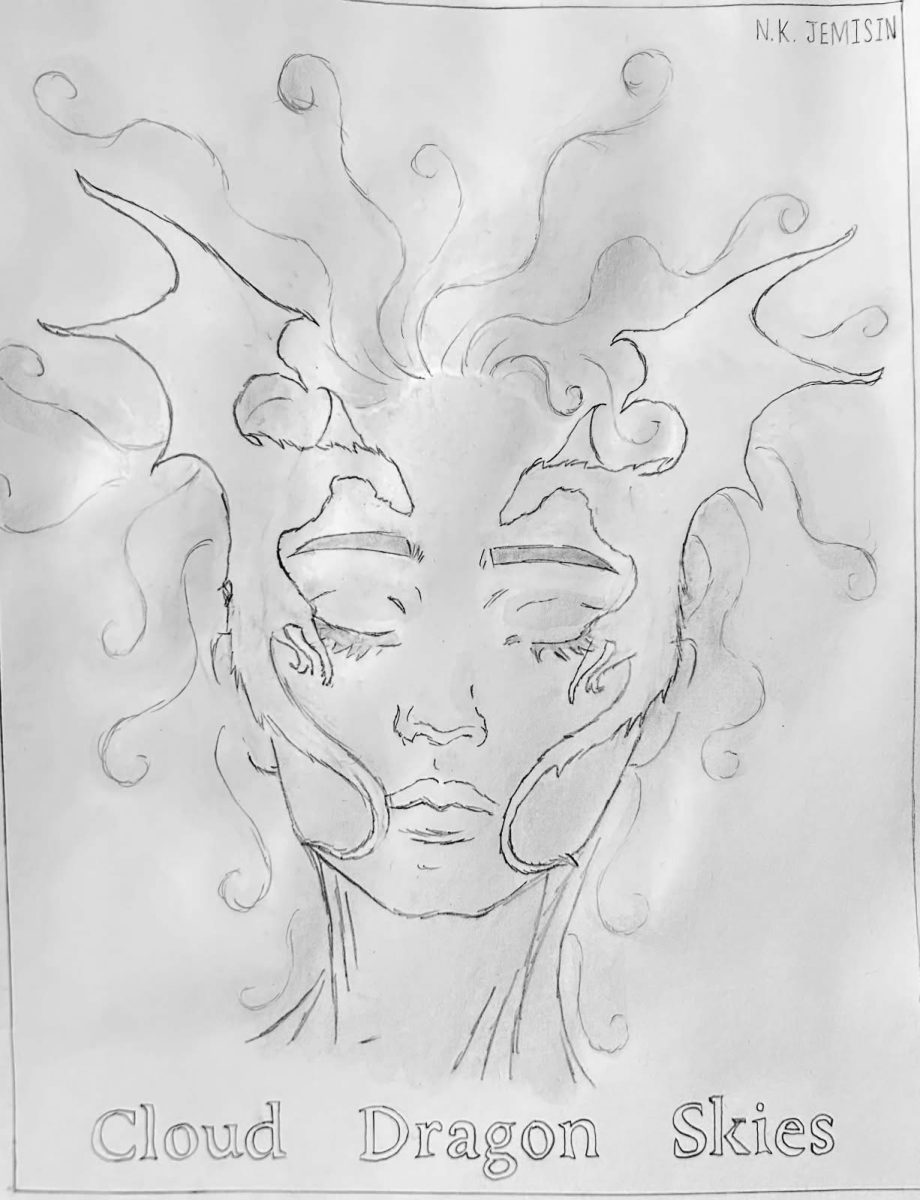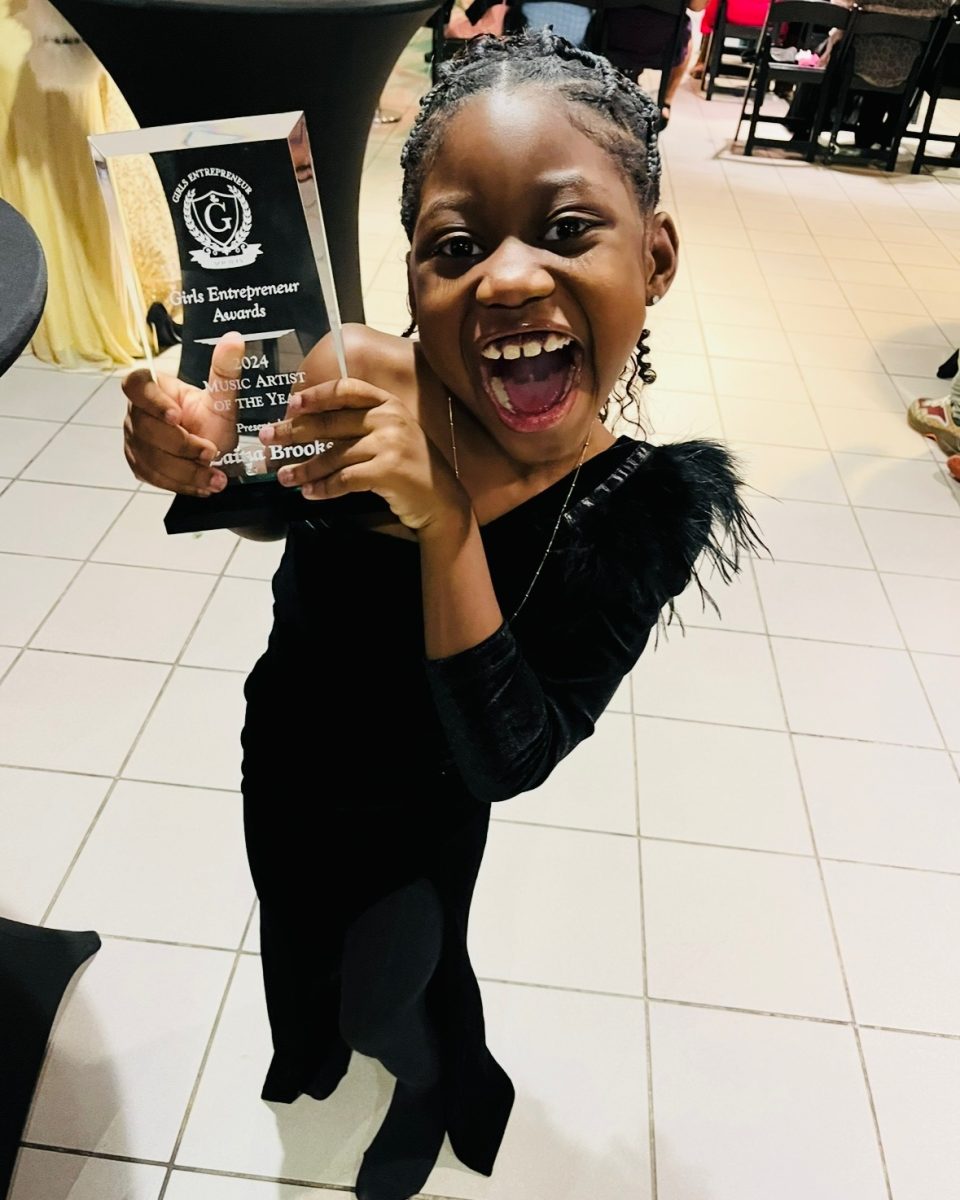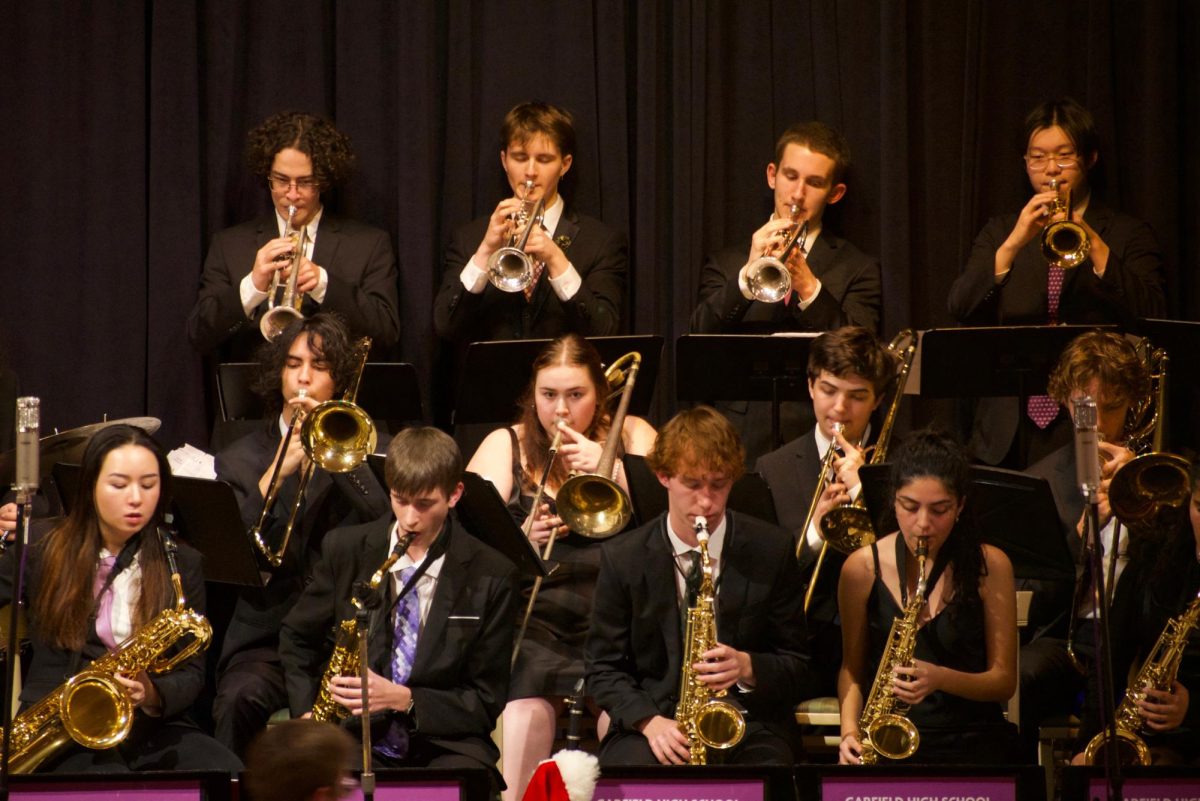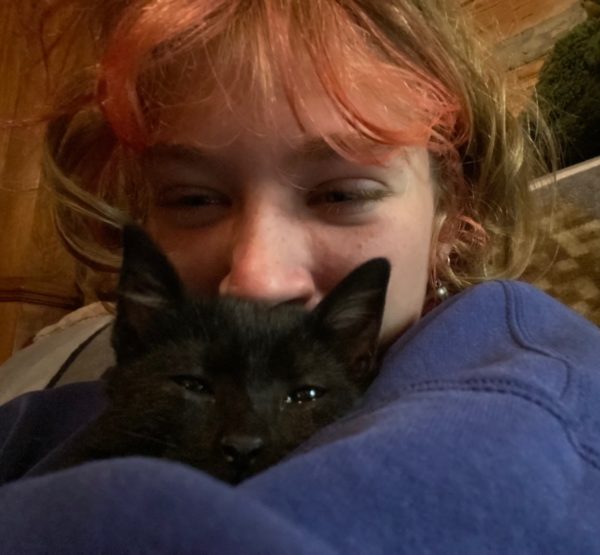In anticipation of Ramadan beginning on March 10, Garfield students share their experiences observing the ninth Islamic month. During Ramadan, people exercise their faith by fasting, reflecting, praying, and involving themselves in their community.
A central practice of Ramadan is fasting from sunrise to sundown. “Fasting in the month of Ramadan is really essential to what we call the Five Pillars,” Vice-President of Garfield’s Muslim Student Association (MSA) Salsabila Abu said. “The first pillar is about saying that you’re Muslims. Like, I believe in one God, and I believe we have a messenger. And the second one is prayer… There’s also charity and fasting. The last one is performing pilgrimage.”
The month of Ramadan has personal significance to each person who practices the holiday. Ramadan helps me “respect and be thankful for what I have,” MSA Secretary Sabrina Ali said. “This Ramadan there will be people in Palestine who are not able to break their fast… I’ll have the privilege to be with my community and family to eat and share food, while they struggle to share food.” The month is a reminder “that you don’t know what you have until it’s taken away,” MSA President Hayite Ahmed said. “When you think about it, a lot of people don’t have access to food, so it’s like you’re in their shoes. It teaches you empathy,” Ahmed continued.
Some people, such as young children, do not have to fast during Ramadan. “I remember my little brother wanting to fast with us, so we were letting him try it out… Then, we were playing games, and I wasn’t watching him, and he grabbed a banana and started eating it. I was like, ‘Aren’t you fasting?’” Ahmed said. “It’s such a funny experience because [children] want to fast with the big kids so bad, and then they end up just giving up. It’s so cute. And then it also teaches patience for the little children. Our religion practices a lot of patience.”
Still, Ramadan is “a lot more than just fasting,” junior Sabrina Ali explained, “because it’s also the community coming together. From my experience, we make food and share it with our neighbors, and we’ll do a bunch of different charitable things. I like to volunteer and pass out food to people.” Others also highlight the importance of community during the month of Ramadan. “Before the night prayers start, we get invited to people’s houses for the huge spread – the food and everything. And while fasting, we can send encouraging messages or little ways we can keep learning,” Abu said. “I like the whole community aspect because, for friends that are Muslim who don’t go to the same school as me, this is the time I can get to see them again.”
Sophomore Riyana Deq’s family has “Islamic Trivia Game Nights” and often cooks together. She especially loves mandazi, which is “basically a donut with some spices on top.” Ramadan “really brings you together,” Deq said. “I just love it.”
Ramadan can also be a time of growth. “I really try to prioritize the spiritual aspect,” Abu said. “Like, people do try to learn more of the religion and… see what parts of their life they can take out or put in. Ramadan is basically like cleansing yourself, and so it’s purifying. You’re trying to have a new beginning… And you’re hoping the improvements you make during that month last after the month ends,” Abu said. “It’s really a month of people trying to change. Let them have that moment to change, give them the space and support them.”
Another large aspect of Ramadan is the daily prayers, which often overlap with school. As a result, students are allowed to pray in designated prayer rooms. “I wish more people knew that there’s a space you can use,” Abu said. “You have to know people to use it.. It’s not very publicized.” For example, Deq shared that she did not find out about the counselor’s prayer room until the end of last year when she saw her friend walk into the room. “I was like, ‘Oh, my God, there’s a prayer room!’” Deq said. “So, I wish the administrators would post it somewhere,” Abu said.
Last year, some issues arose with the prayer rooms students were offered. “They were bouncing us from room to room trying to help us figure out what was more comfortable,” Ali said. “One was the guitar lab, which made me mad,” Ahmed added, “because you can hear music… You don’t want to hear music when you’re praying.” Despite this, they agreed that it was “not their fault” and that the band teachers “were one of the only people to offer us a place.”
At the end of Ramadan, observers celebrate Eid al-Fitr. “It’s pretty fun… The morning is so chaotic because everyone is running around, trying to prepare and get to the masjid as soon as possible,” Ali said. “Some people come twinning with their sisters. It’s so adorable. My mom got a matching dress with my aunt, so they’ll both be wearing red, and they’ll have matching scarves and everything. It’s going to be pretty cool.”
MSA hopes to hold “a potluck before Ramadan, so we can talk about our goals,” Ali said. “If we could decorate [MSA’s] room, that’d be nice,” Ahmed said. They further discussed the possibility of hosting an iftar at Garfield so students could break their fast together. As Abu said, Ramadan is “a time to be with others.”
Garfield’s Favorite Ramadan Foods
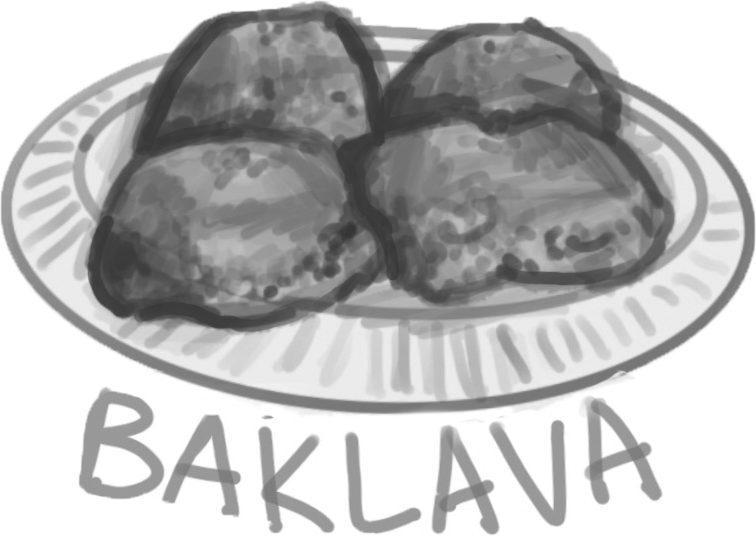 Baklava contains layer upon layer of phyllo pastry paired with a delicious nut and honey filling. Popular around the world, many love this buttery, flaky delicacy!
Baklava contains layer upon layer of phyllo pastry paired with a delicious nut and honey filling. Popular around the world, many love this buttery, flaky delicacy!
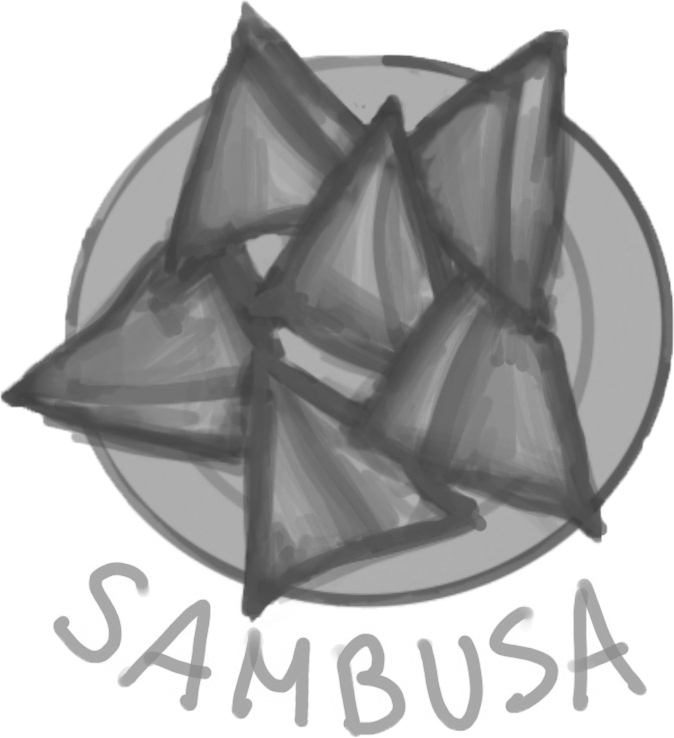 A crunchy, crispy shell flavorful burst of meat and spices to form an explosion of flavor! Sambusas are “a staple in every Muslim household,” Ahmed said.
A crunchy, crispy shell flavorful burst of meat and spices to form an explosion of flavor! Sambusas are “a staple in every Muslim household,” Ahmed said.
Fried dough caked with sugar and cardamom, along with other spices, creates a tasty treat for breaking your fast!
Graphics by Maeve McArdle



